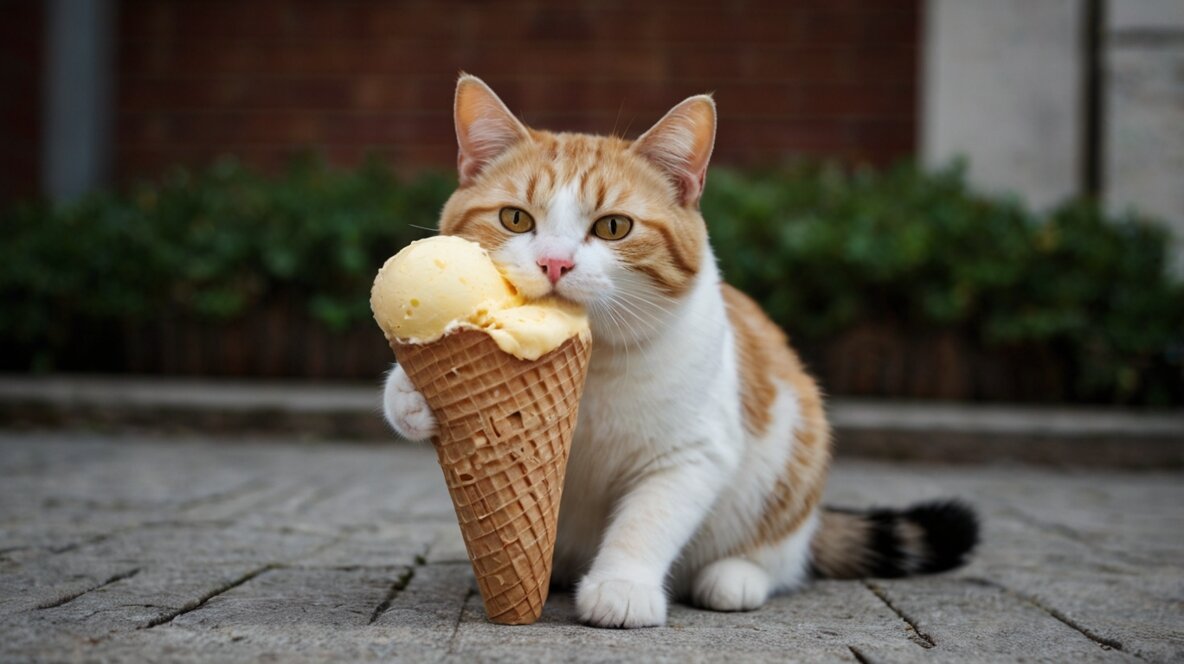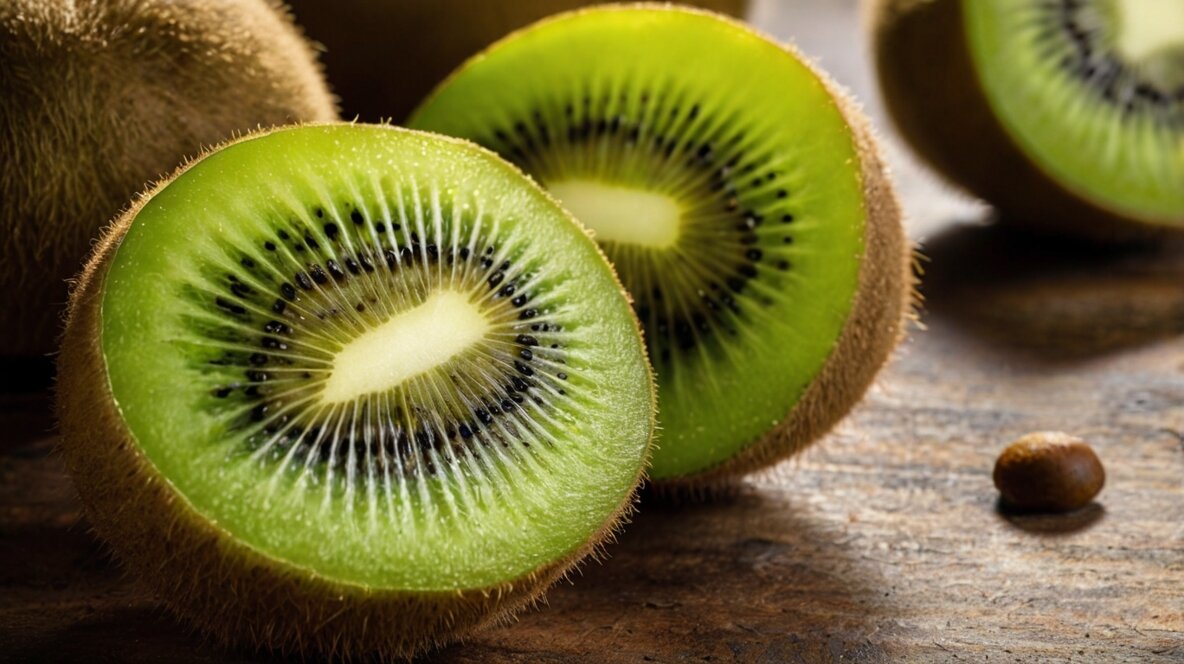Table of Contents
Can Cats Eat Turkey? As a cat owner, you probably wonder whether your feline friend can enjoy some of the same foods you eat, especially during the holidays when turkey is abundant. Cats are obligate carnivores, meaning their diet is primarily composed of meat. But is turkey a safe and healthy option for them? Let’s dive deep into this question and provide you with everything you need to know about feeding turkey to your cat.
Can Cats Eat Turkey?
Is Turkey Safe for Cats?
Yes, turkey is generally safe for cats to eat. As a lean source of protein, it can be an excellent addition to your cat’s diet when prepared correctly. However, like any human food, there are certain precautions you should take before sharing your turkey with your furry companion.
Benefits of Feeding Turkey to Cats
Turkey provides a variety of nutrients that can benefit your cat’s health. Cats Eat Turkey It’s rich in protein, which is essential for muscle development and maintaining a healthy coat. Additionally, turkey contains important vitamins such as B6 and B12, which play a role in energy metabolism and the functioning of the nervous system.
When Turkey Is Not Safe for Cats
Not all turkey is safe for cats. Turkey that has been seasoned, marinated, or cooked with additives like garlic or onions can be toxic to cats. You should also avoid giving your cat turkey that is too fatty, as it can lead to digestive issues such as pancreatitis.
Nutritional Value of Turkey for Cats
Protein Content in Turkey
Turkey is an excellent source of high-quality protein, which is crucial for your cat’s overall health. Cats rely on protein to build and maintain lean muscle mass, and turkey offers a complete amino acid profile that supports this need.
Vitamins and Minerals in Turkey
Turkey is rich in vitamins like B6, B12, and niacin, all of which are essential for your cat’s health. These vitamins support brain function, red blood cell production, and energy levels. Turkey also contains minerals like zinc and selenium, which contribute to a healthy immune system.
Turkey’s Fat Content and Its Effect on Cats
While turkey is a lean meat, certain parts like the skin can be high in fat. Feeding your cat too much fat can lead to obesity and digestive problems. It’s best to stick to lean cuts of turkey meat and avoid giving your cat fatty portions.
Types of Turkey Cats Can Eat
Cooked vs. Raw Turkey: Which Is Better for Cats?
While some cat owners advocate for feeding their pets raw meat, it’s safer to give your cat cooked turkey. Cooking turkey eliminates harmful bacteria like salmonella, which can cause severe health issues. Always ensure that the turkey is fully cooked and unseasoned.
Can Cats Eat Turkey Skin?
Can Cats Eat Turkey? It’s best to avoid giving your cat turkey skin. The skin is typically fatty and can be difficult for cats to digest. Plus, if the skin has been seasoned, it may contain ingredients harmful to cats, such as salt, garlic, or onions.
Can Cats Eat Deli Turkey or Processed Turkey?
Deli turkey or processed turkey should be avoided. These products often contain preservatives, additives, and high levels of sodium, all of which can be harmful to your cat.Cats Eat Turkey, Stick to plain, cooked turkey for the safest option.
How to Safely Feed Turkey to Your Cat
Proper Portion Sizes for Cats
When feeding your cat turkey, moderation is key. A small portion, about the size of a tablespoon, is typically sufficient as a treat. Too much turkey can upset your cat’s stomach, so it’s best to keep the servings small.
Seasoning and Additives to Avoid
Always serve your cat plain turkey. Avoid adding seasonings, oils, or sauces, as many ingredients commonly used in cooking can be harmful to cats.cats eat turkey, Garlic and onion, in particular, are toxic to cats, so make sure the turkey is free of these ingredients.
Best Cooking Methods for Turkey to Feed Cats
The best way to prepare turkey for your cat is by baking or boiling it without any seasoning or oil. This keeps the turkey lean and ensures it’s safe for your cat to consume.
Potential Health Risks of Feeding Turkey to Cats
Allergic Reactions in Cats Eat Turkey
Although rare, some cats may be allergic to turkey. If you notice any signs of an allergic reaction, such as vomiting, diarrhea, or excessive itching, discontinue feeding turkey and consult your veterinarian.
Digestive Issues and Symptoms to Watch For
Feeding too much turkey or fatty cuts can lead to digestive problems like diarrhea or vomiting. If your cat experiences any digestive upset after eating turkey, it’s best to consult with your vet.
Turkey Bones: Why They Are Dangerous for Cats
Never give your cat turkey bones. Cooked bones can splinter and cause choking or internal injuries. Always ensure the turkey is boneless before offering it to your cat.
Turkey as an Occasional Treat or Regular Meal?
Should Turkey Be a Part of Your Cat’s Regular Diet?
Turkey can be included in your cat’s diet, but it should be given in moderation. It’s best to offer turkey as an occasional treat rather than a regular meal. Always ensure that the bulk of your cats Eat Turkey, diet comes from nutritionally balanced cat food.
Frequency of Feeding Turkey to Cats
Offering turkey once or twice a week is plenty. Since it’s not a complete source of nutrition on its own, turkey should complement your cat’s regular diet, not replace it.
Signs Your Cat Enjoys Eating Turkey
Behavioral Signs
If your cat eagerly eats the turkey and shows excitement when you offer it, it’s a clear sign they enjoy it. Some cats may even purr or rub against you as a sign of approval.
Physical Health Indicators
If your cat eats turkey in moderation and shows no signs of digestive issues or allergic reactions, it’s safe to say they are tolerating it well. A shiny coat and healthy energy levels are good indicators that your cat is thriving on its diet.
Alternatives to Turkey for Cats
Other Safe Meats for Cats
If you’re looking to switch things up,Cats Eat Turkey, there are other meats safe for cats, such as chicken, beef, and lamb. These can provide variety while still meeting your cat’s nutritional needs.
Turkey-Based Cat Foods: A Balanced Option?
Many cat food brands offer turkey-based formulas, which are nutritionally balanced and safer than giving plain turkey alone. These foods contain all the essential vitamins and minerals your cat needs while providing the flavor of turkey.
Conclusion
In summary,Cats Eat Turkey can be a safe and nutritious treat for your cat when prepared correctly. Always ensure the turkey is plain, boneless, and fully cooked before offering it to your feline friend. Moderation is key, and turkey should complement a balanced diet of high-quality cat food. When in doubt, consult your vet to ensure you’re making the best dietary choices for your cat.
FAQs
Can kittens eat turkey?
Yes, but only in small portions, and always ensure the turkey is plain and fully cooked.
Is turkey better for cats than chicken?
Both turkey and chicken are great sources of protein for cats, but the preference may depend on your cat’s taste and any potential allergies.
What if my cat accidentally eats seasoned turkey?
If your cat eats seasoned turkey, monitor them closely for any signs of illness, such as vomiting or diarrhea. If you notice symptoms, contact your vet immediately.
How often should I feed turkey to my cat?
Turkey should be an occasional treat, fed once or twice a week at most.
Can cats eat turkey during the holidays?
Yes, but make sure the turkey is plain, fully cooked, and free of any harmful seasonings or additives.



